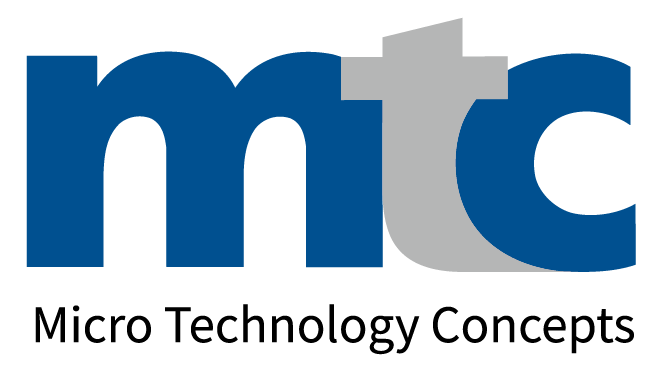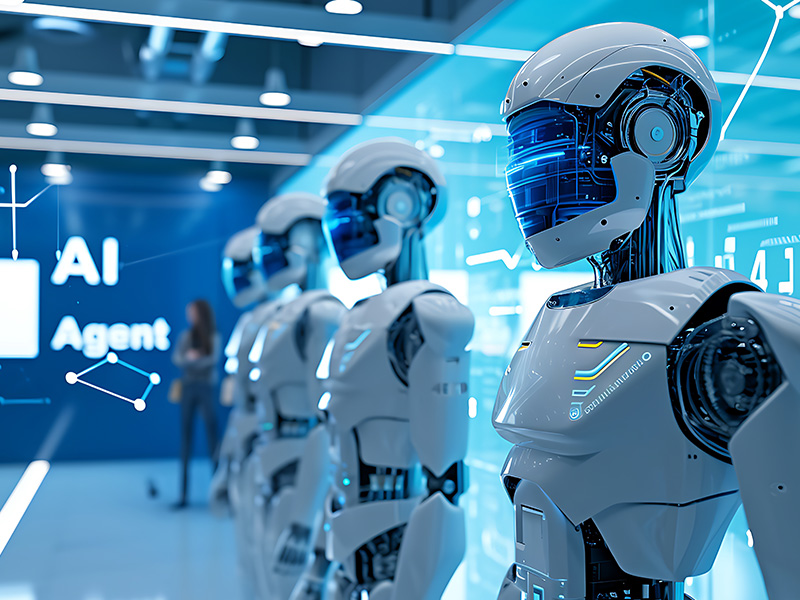As businesses increasingly adopt Generative AI (GenAI) to drive productivity and innovation,
understanding the role of AI agents becomes essential. These agents are not just supplementary
tools; they are integral to maximizing the effectiveness of GenAI, enabling more precise,
efficient, and impactful interactions with AI systems.
What Are AI Agents?
AI agents are specialized software programs designed to autonomously perform tasks, make
decisions, and interact with both users and other systems. In the context of Generative AI, these
agents act as intermediaries, helping to translate user inputs into actionable AI-driven results.
They bridge the gap between raw AI capabilities and specific business needs, ensuring that the
technology delivers relevant and useful outcomes.
The Role of AI Agents in GenAI
- Enhancing User Interaction One of the most significant challenges in using Generative
AI is ensuring that user inputs are clear, precise, and contextually relevant. AI agents help
by guiding users to formulate their inputs effectively, reducing ambiguity, and increasing
the accuracy of the results. They can prompt users with clarifying questions, suggest
alternatives, and even auto-complete inputs based on previous interactions, streamlining
the process and minimizing the need for back-and-forth questioning. - Automating Routine Tasks AI agents are particularly adept at handling repetitive and
routine tasks that would otherwise consume valuable time and resources. In a business
setting, they can automate tasks such as data entry, report generation, and initial customer
interactions, allowing human workers to focus on more strategic activities. By doing so,
they enhance overall productivity and contribute to a more efficient workflow. - Providing Context-Aware Responses One of the key strengths of AI agents is their
ability to maintain context across multiple interactions. This means that when a user
engages with a Generative AI system through an agent, the agent can remember previous
inputs and adjust its responses accordingly. This contextual awareness is crucial for
producing coherent and relevant results, especially in complex tasks that require
understanding of the broader conversation or problem at hand. - Customizing AI Outputs Businesses often require AI outputs that are tailored to their
specific needs and objectives. AI agents can be trained or configured to prioritize certain
types of responses, align outputs with company policies, or adhere to industry
regulations. This level of customization ensures that the AI-generated content is not only
accurate but also aligned with the organization’s goals and standards. - Improving Decision-Making AI agents can analyze large datasets and provide insights
that aid in decision-making processes. By processing and interpreting data quickly, they
enable businesses to make informed decisions in real-time. This capability is particularly
valuable in fast-paced industries like finance and healthcare, where timely and accurate
information is critical. - Enabling Scalability As businesses grow, the ability to scale operations efficiently
becomes increasingly important. AI agents facilitate scalability by handling a growing
volume of tasks without requiring proportional increases in human resources. They can
manage multiple interactions simultaneously, support various departments, and adapt to
changing business needs, making them indispensable tools for growing enterprises. - Supporting Integration with Existing Systems AI agents can be integrated with
existing business systems, such as CRM platforms, ERP systems, and other enterprise
applications. This integration allows for seamless data flow and enhances the overall
functionality of the AI system. By working within the existing infrastructure, AI agents
help businesses leverage their current investments while incorporating advanced AI
capabilities.
The Future of AI Agents in Generative AI
The role of AI agents in Generative AI is poised to expand as businesses continue to explore new
ways to leverage this technology. With advancements in natural language processing, machine
learning, and AI-driven automation, AI agents will become even more sophisticated and capable.
They will not only assist in generating more accurate and relevant outputs but will also play a
central role in optimizing entire business processes.
Conclusion
Understanding the role of AI agents is crucial for mastering Generative AI. These agents are
more than just facilitators; they are key enablers of AI’s potential in a business context. By
enhancing user interactions, automating tasks, providing context-aware responses, and
supporting integration with existing systems, AI agents help businesses unlock the full value of
Generative AI. As this technology continues to evolve, the importance of AI agents will only
grow, making them indispensable tools for any organization looking to stay competitive in the
digital age.

